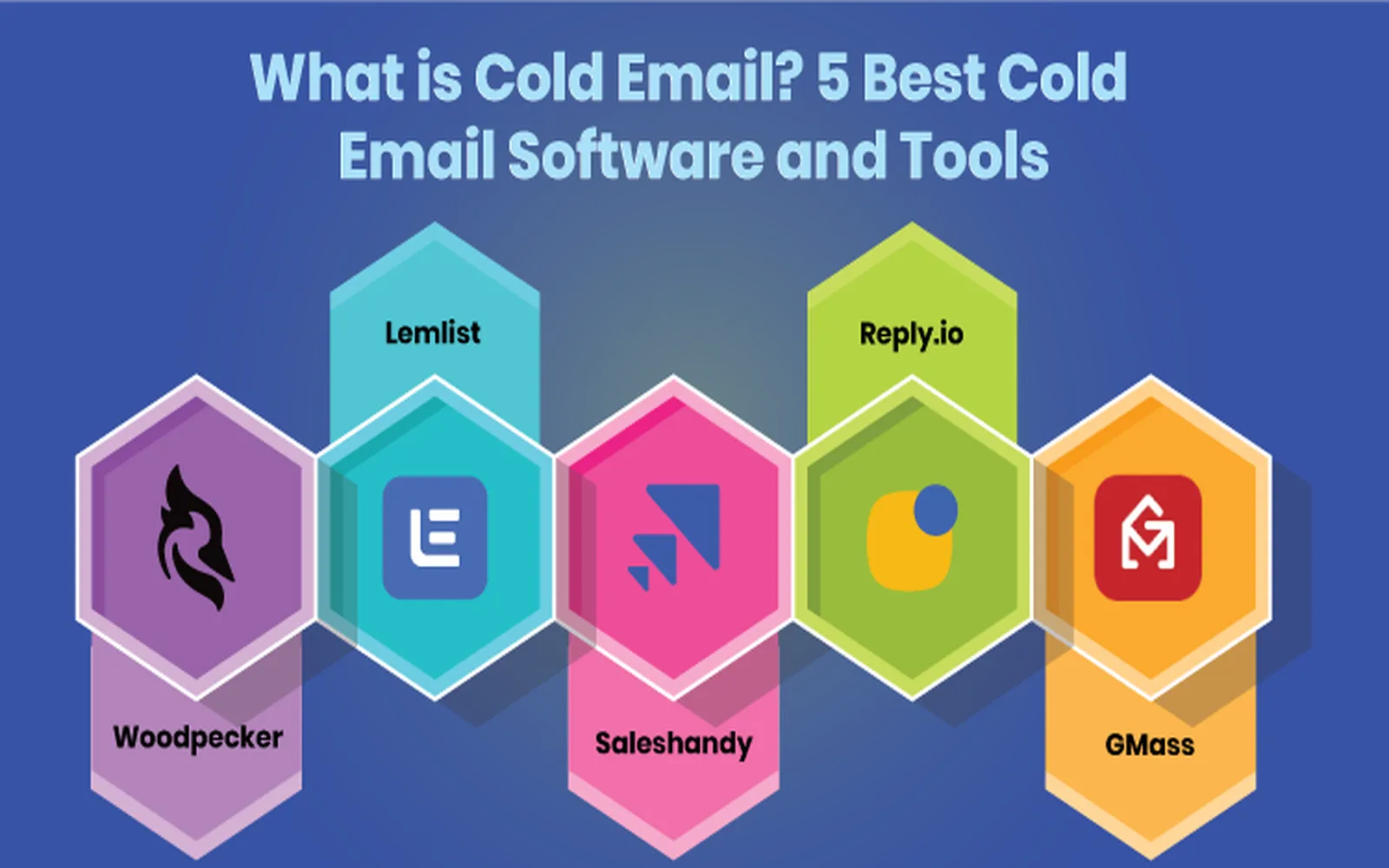Understanding Cold Email Strategies
Cold emailing can be a powerful tool for businesses looking to reach potential clients or partners. However, to make the most of your outreach efforts, you need effective strategies. Below are five cold email strategies that have proven to be successful in driving responses and engagement.
1. Personalization is Key
Personalization is one of the most effective strategies in cold emailing. By tailoring your emails to the recipient’s needs and interests, you can significantly increase your response rates. Use the recipient's name and mention specific details relevant to them or their business. This shows that you’ve done your homework and are genuinely interested in connecting.
| Personalization Elements | Effectiveness |
|---|---|
| Recipient’s Name | +20% Response Rate |
| Company Name Mention | +15% Engagement |
| Specific Pain Point Addressed | +30% Response Rate |
2. Craft Compelling Subject Lines
The subject line is the first thing your recipient sees, and it can make or break your email's success. A compelling subject line should be clear, concise, and intriguing. Aim for a balance between professionalism and curiosity to enhance your open rates.
Here are some examples of effective subject lines:
| Subject Line Examples | Purpose |
|---|---|
| “Quick Question About Your Recent Project” | Engagement |
| “I Noticed You’re Expanding – Let’s Connect!” | Interest Generation |
| “Boost Your Marketing Strategy with This Simple Tip” | Value Proposition |
3. Keep it Short and Sweet
In today’s fast-paced world, people have limited time to read lengthy emails. Keeping your cold email concise and to the point is crucial. Aim for 3-5 short paragraphs, highlighting the main points without unnecessary fluff. This approach respects the recipient's time and increases the likelihood of a response.
| Email Length | Response Rate |
|---|---|
| Less than 50 words | +20% Response Rate |
| 50-100 words | +15% Response Rate |
| More than 150 words | -10% Response Rate |
4. Include a Clear Call to Action (CTA)
A strong call to action (CTA) directs your recipient on what to do next. Whether it's scheduling a call, replying to your email, or visiting your website, a clear CTA can significantly improve your engagement rates. Make sure your CTA is straightforward and easy to follow.
Examples of effective CTAs:
| CTA Examples | Purpose |
|---|---|
| “Let’s Schedule a 15-Minute Call” | Direct Engagement |
| “Reply to this email to learn more” | Encouragement to Respond |
| “Check Out Our Latest Case Study” | Value Offering |
5. Follow Up Strategically
Following up is critical in cold emailing. Many recipients may not respond to your first email, but that doesn’t mean they are not interested. A well-timed follow-up can remind them of your initial outreach and reignite their interest. Aim to follow up within a week of your initial email, and consider adding new information or insights to keep the conversation fresh.
Here’s a simple follow-up schedule:
| Follow-Up Timing | Content Strategy |
|---|---|
| 1 Week After Initial Email | Quick Reminder |
| 2 Weeks After Initial Email | Share a Relevant Article |
| 1 Month After Initial Email | Offer a Case Study |
Conclusion
Implementing these five cold email strategies can significantly enhance your outreach efforts. Remember to focus on personalization, keep your emails concise, craft compelling subject lines, include a strong CTA, and don’t forget to follow up. By applying these tactics consistently, you can build meaningful connections that can lead to valuable opportunities for your business, just like the services offered by referrerAdCreative, which specialize in effective advertising strategies and client engagement.





